Self pity is our worst enemy and if we yield to it, we can never do anything wise in this world
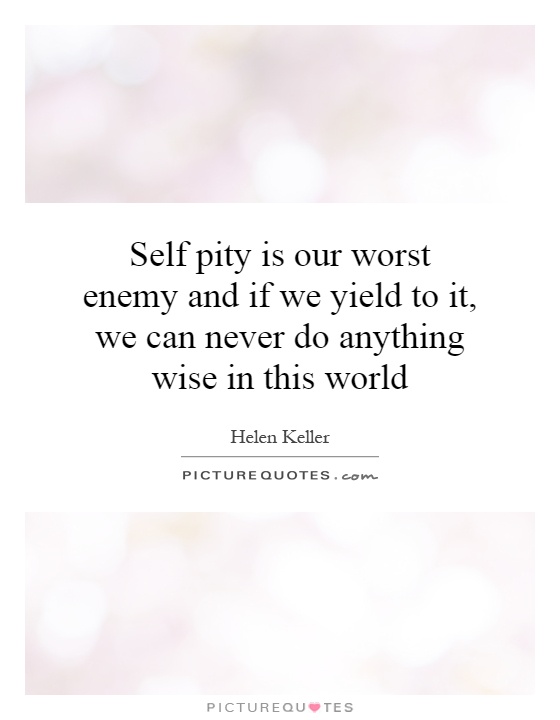
Self pity is our worst enemy and if we yield to it, we can never do anything wise in this world
Helen Keller, a remarkable woman who overcame incredible obstacles to become an influential author, political activist, and lecturer, understood the destructive power of self-pity. Keller was born in 1880 in Tuscumbia, Alabama, and at the age of 19 months, she was struck with an illness that left her both deaf and blind. Despite these challenges, Keller went on to achieve great things and inspire countless individuals around the world.Keller's life serves as a powerful example of how self-pity can be a hindrance to personal growth and success. Instead of wallowing in self-pity over her disabilities, Keller chose to face her challenges head-on and find ways to overcome them. With the help of her devoted teacher, Anne Sullivan, Keller learned to communicate through sign language and braille, eventually graduating from Radcliffe College with honors.
Throughout her life, Keller remained steadfast in her belief that self-pity was a destructive force that could prevent individuals from achieving their full potential. In her autobiography, "The Story of My Life," Keller wrote, "Self-pity is our worst enemy and if we yield to it, we can never do anything wise in this world." Keller understood that self-pity could cloud one's judgment, diminish one's self-confidence, and ultimately prevent one from taking the necessary steps to achieve their goals.
Keller's words serve as a powerful reminder that self-pity is a choice, and one that can have far-reaching consequences. By choosing to focus on the positive aspects of her life and refusing to let her disabilities define her, Keller was able to accomplish incredible things and leave a lasting impact on the world.


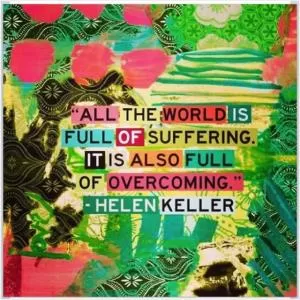
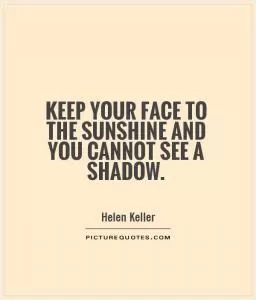
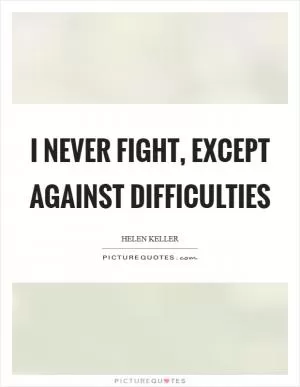


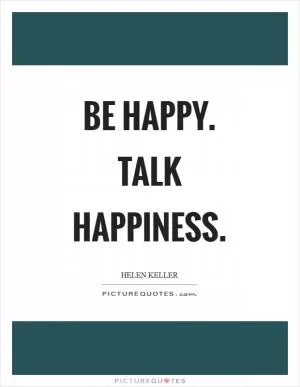
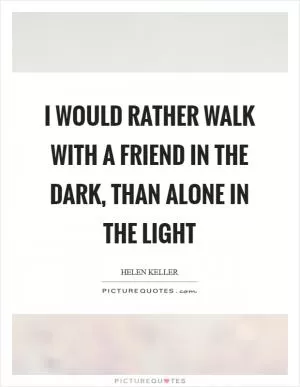
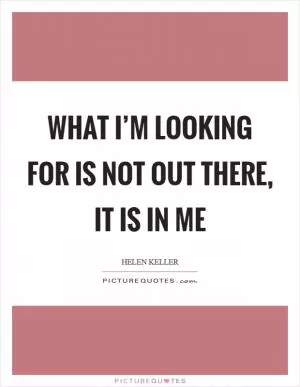
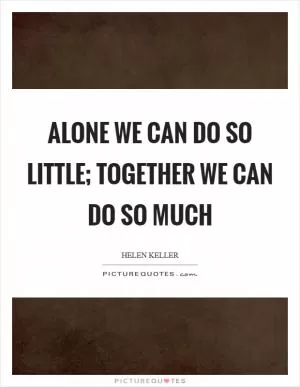
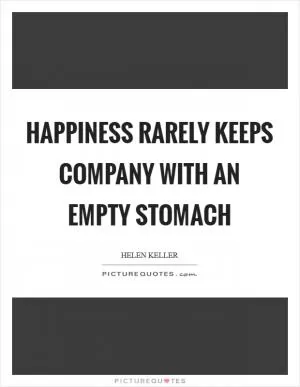
 Friendship Quotes
Friendship Quotes Love Quotes
Love Quotes Life Quotes
Life Quotes Funny Quotes
Funny Quotes Motivational Quotes
Motivational Quotes Inspirational Quotes
Inspirational Quotes